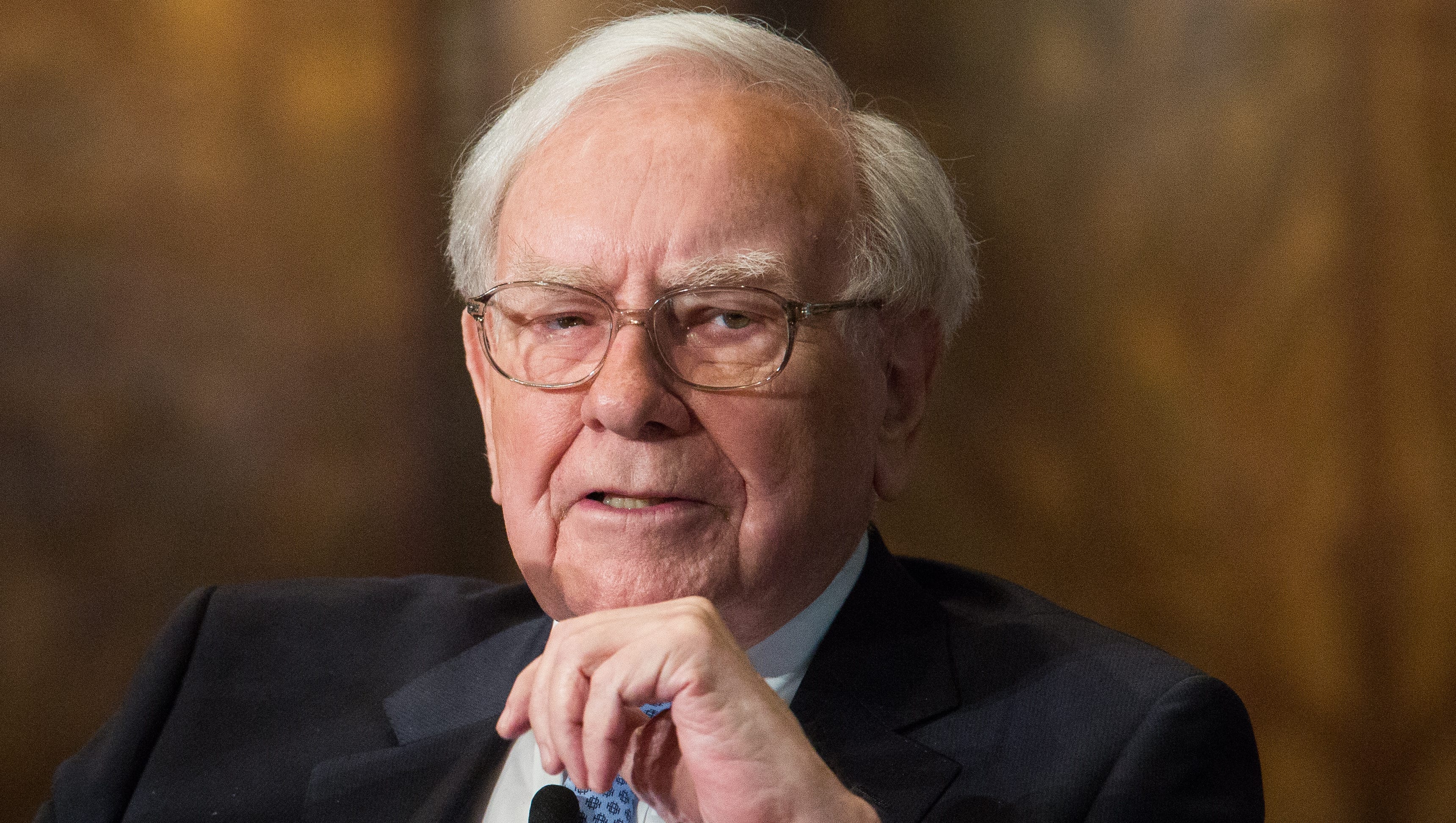An investor needs to do very few things right as long as he or she avoids big mistakes. – Warren BuffettWarren Buffett sees investors success as coming directly in proportion to the degree to which they understand their investment. This differentiates those that take to investment with a methodical businesslike approach and the more hit and miss types that get into stocks based on a vague notion of there being something “hot” about an issue.As Ben Graham put it, investment is at its most intelligent when it is most businesslike. The key to Buffett’s success has always been a focus on the operations and business model of companies he is considering investing in. Fisher’s idea of investing in what you know about comes up all the time with Buffett, and each and every business he invests in, whether it is as a minority shareholder or as an outright purchase gets scrutinized in fine detail before he purchases and as long as he owns them.Buffett more or less ignores what the market does, in his words: “As far as I am concerned, the stock market doesn’t exist. It is there only as a reference to see if anybody is offering to do anything foolish.” By doing something foolish he means he is looking out for some of the great companies he has his eyes on trading at prices that are far too low to be justified. In his view the market is not efficient at all, frequently great jewels are cast out and trampled into the mud, to know the difference between a jewel and a kitsch trinket Buffett tries to value a company, and to do that he takes a very close look at the business this company operates.Volatility, beta and alpha (relative strength) are all market derived factors which mean very little to Buffett. Rather than sending powerful computers to look at the way the market values a stock to chase correlations and limit “risk”, he prefers to get to know the managers, revenues, cash flow, labour relations, pricing flexibility and capital allocation needs of the company.Buffett is famous for his reticence toward investing in technology companies. Because of this he is frequently dismissed by critics as being behind the times and one of the old dinosaurs of the “old economy”. In reality, Buffett’s methods work perfectly well with technology stocks, he stays out because by his own admission he hasn’t a clue how to estimate future cash flows of the business. In this area he is outside his “circle of competence”, he has no confidence in his ability to assess the business model of a company built on such a rapidly changing landscape. His friend, Bill Gates, is the first to point out the tenuous situation that a technology company is in, a new innovation from a totally unexpected quarter could render an entire company’s business obsolete. It is interesting to see as the “Tech Wreck” starts to bottom out just how fragile a technology companies grip on profitability can be, and how unsuccessful analysts have been in bringing forward any meaningful insights into how a technology business is supposed to make money.The small number of companies owned by Berkshire Hathaway allow Buffett to keep a very close eye on their daily operations. This is the only form of risk management that he believes in. Buffett is able to maintain a very high level of knowledge about all of his businesses because he purposely limits his selections to companies that are well and truly within his area of financial and intellectual expertise. If you own a company (either in full or as a shareholder) in an industry you do not understand, you cannot possibly interpret developments accurately or make wise decisions.Finally, Buffett believes that a company should be simple to run as well. While he does value quality management very much, he prefers it when he doesn’t need it. “Invest in a company any idiot can run”, he councils, “because sooner or later any idiot is going to run it”.

